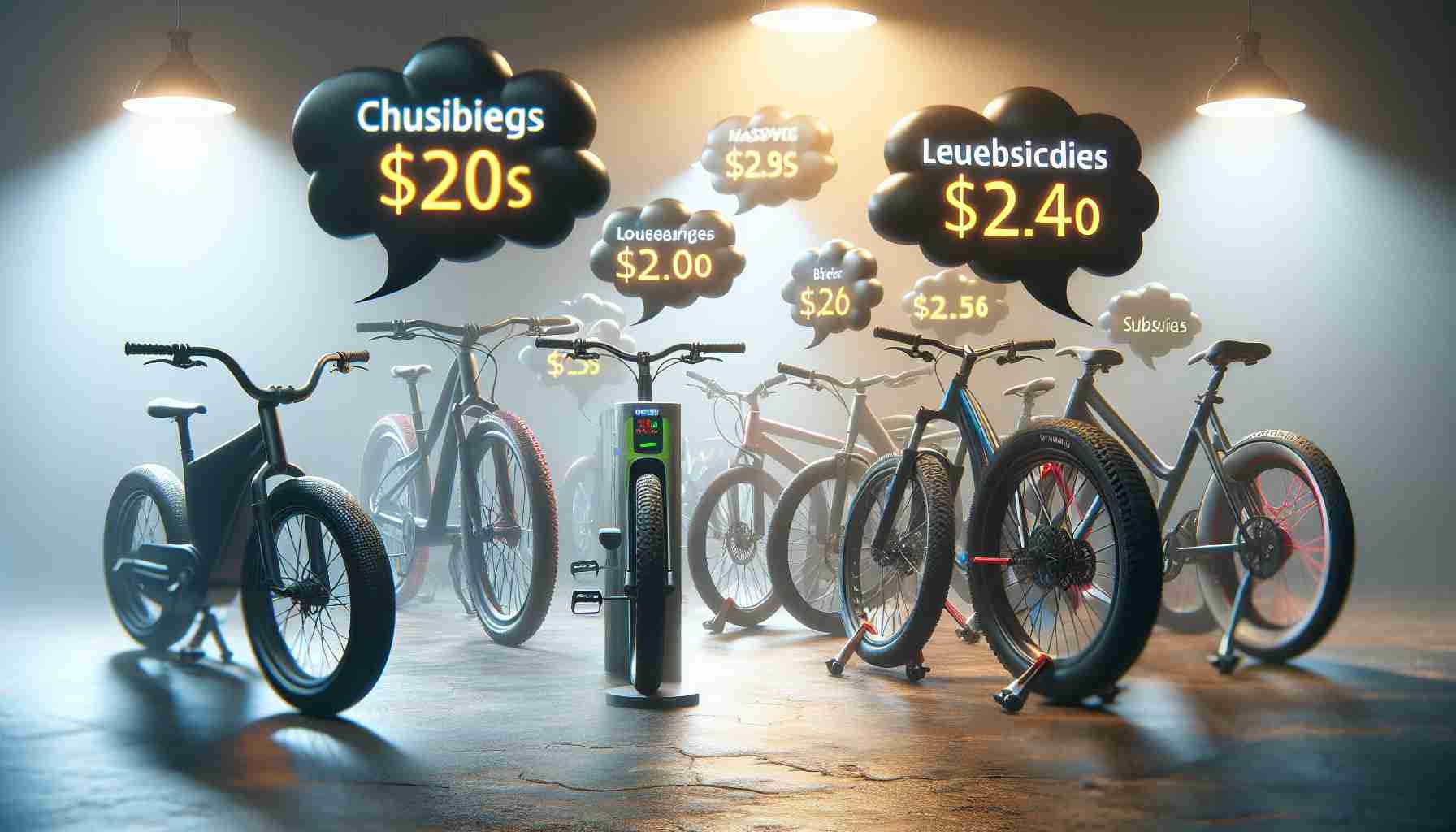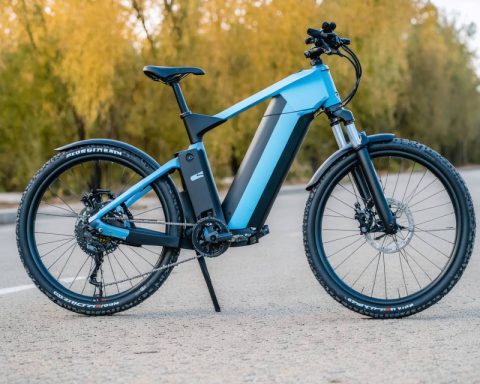The buzz around potential subsidies for electric bikes in Poland has sparked interest among many cycling enthusiasts. There has been talk of the government offering financial incentives, possibly reaching up to 9,000 PLN, for purchasing electric cargo bikes. Such news has led many people to consider buying these environmentally-friendly vehicles.
However, the program’s future remains uncertain. Discussions with the Ministry of Climate reveal that progress on implementing these subsidies is currently stagnant. Many eagerly anticipating details have been left waiting without clear answers or timelines.
The possibility of receiving assistance in acquiring electric bikes has significant appeal, as it aligns with Poland’s broader environmental strategies. Electric bikes, particularly cargo types, offer a sustainable transportation solution that could reduce the country’s overall carbon footprint. Despite the interest and potential benefits, substantial work is required to move these subsidy plans forward.
Without further developments, cycling fans and eco-conscious consumers are left to hope for a more defined and actionable plan soon.
Could Electric Bike Subsidies Transform Poland’s Transportation Landscape?
The discussion surrounding potential subsidies for electric bikes in Poland has captivated cycling enthusiasts and environmentalists alike. With the possibility of subsidies reaching up to 9,000 PLN for electric cargo bikes, interest in these sustainable transportation options has surged. However, the initiative’s future remains uncertain despite its alignment with Poland’s broader environmental goals.
Benefits of Electric Cargo Bikes
Electric cargo bikes are gaining popularity as a sustainable alternative to traditional vehicles. They offer various benefits, such as:
– Environmental Impact: By reducing reliance on fossil fuels, electric bikes can significantly lower carbon emissions.
– Cost Efficiency: Compared to cars, electric bikes have lower operational and maintenance costs.
– Traffic Reduction: These bikes can help alleviate urban traffic congestion, making city navigation smoother and more efficient.
Challenges and Developments
Despite the potential benefits, the development of subsidy programs for electric bikes in Poland faces several hurdles. Here’s a closer look at the current situation:
– Stalled Implementation: Talks with the Ministry of Climate reveal a stagnation in progress, leaving many without clear timelines for the subsidy rollout.
– Public Demand: There is a strong public interest, yet a lack of actionable steps to meet it.
– Economic Considerations: Budget allocations and economic feasibility studies play a crucial role in determining the viability of such subsidies.
Predictions and Trends
The global trend towards eco-friendly transportation and increased urban mobility solutions positions electric bikes as a key component of future transport systems. For Poland, embracing this trend could enhance its environmental reputation and contribute to sustainable urban development.
Innovating for the Future
For electric bike subsidies to take off, significant policy innovations are required. These might include:
– Incentives for Manufacturers: Encouraging local production of electric bikes could lower costs.
– Infrastructure Development: Investing in bike-friendly infrastructure would support the broader adoption of electric bikes.
– Public Awareness Campaigns: Educating the public on the benefits of electric bikes could bolster support for subsidies.
As Poland contemplates its transportation future, the potential impact of electric bike subsidies remains a topic of interest with both enthusiasts and policymakers watching closely for further developments. For more information on sustainable transport initiatives in Poland, visit the Polish Government’s official website.







